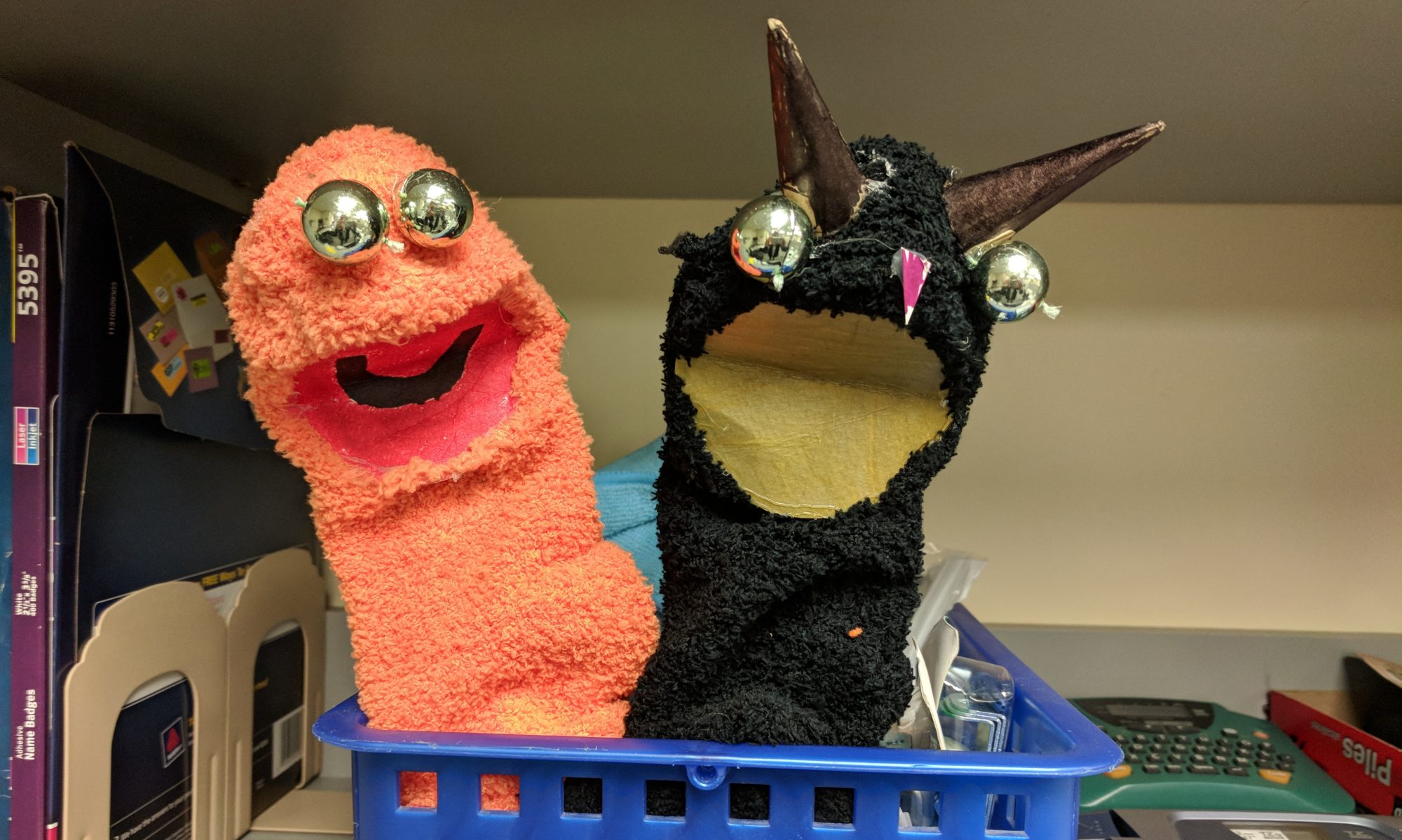Quick! Snag this opportunity to get a $1000 research grant offered to you by American Art Resources & Society for the Arts in Healthcare.
Environmental Arts Research Grant
A $1,000 award, sponsored by American Art Resources, Houston, will be provided to a Principal Investigator to conduct or supplement Arts in Healthcare research. Society members from all countries are invited to apply. Selection will be made on the merit, innovation, and feasibility of the research proposal.
Purpose and Application Information
A challenge in healthcare today is the dearth of caregivers and a consistent human support system. Within the context of the arts, often an artist or a creative art therapist can spend only a few hours with the patient (or a stressed family member or staff). While the impact of an art intervention can be powerful during this time, and have a ripple effect afterwards, there is still a large body of time that the patients and care providers are left to their own means – and this is an opportunity for the more passive creative art interventions.
This grant is focused on research on art interventions that become part of the healthcare environment. Such environmental art interventions do not require the presence of a creative arts therapist or an artist facilitator to be experienced by the patients, caregivers or staff. They are passive rather than participative interventions. In other words, the individual “takes in” the experience rather than actively engaging in it. Examples could be viewing visual art or murals on the wall, using Virtual Reality glasses during procedures, listening to music or a poetry reading or watching videos, to list a few. Such interventions do not require a caregiver interface (via the presence of a creative arts therapist or artist). There is a small but significant body of research that establishes that exposure to art can affect patients’ healthcare experience. For example, research shows that viewing visual art (static or dynamic) and listening to music can have an impact on the stress, anxiety and pain perception in patients.
It is of value to investigate and evaluate whether other environmental interventions, such as sound cones, lighting installations, plasma screen interventions, healing gardens, viewing (not participating) in live performances, being exposed to pleasant odors and aromas etc., can improve the patient/caregiver experience and, more importantly, whether this impact can be measured through rigorous research. We need more research to understand how art that appeals to one or more of the senses can improve the healthcare environment and impact the healthcare experience. We also need research to investigate what specific aspects of the art contribute towards its therapeutic impact.
Creative arts therapists, artists, researchers, administrators, designers, healthcare providers and students are all encouraged to apply for this grant.
To view more information about this grant, please check out the Society for Arts in Healthcare website.



